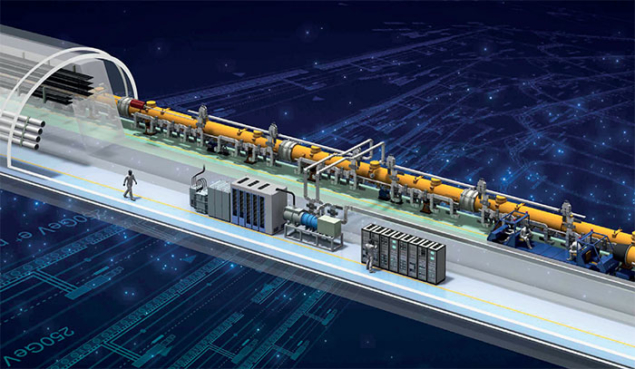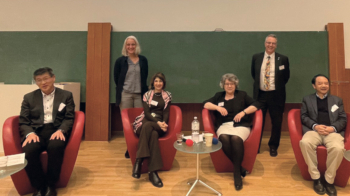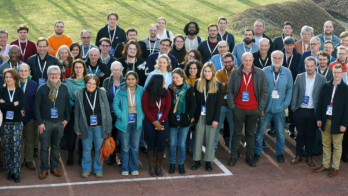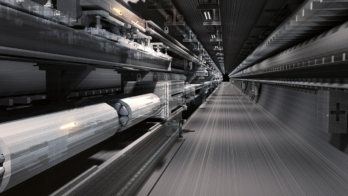
The International Linear Collider (ILC), currently being considered to be hosted in the Tohoku region of Japan, has not been selected as a high-priority project in the country’s 2020 “master plan” for large research projects. The master plan, which is compiled every three years, was announced on 30 January by the Science Council of Japan (SJC). Among 31 projects which did make it onto high-priority list were the Super-B factory at KEK, the KAGRA gravitational-wave laboratory and an upgrade of the J-PARC facility.
“Even though the ILC did not go into the final shortlist, it was selected as one of the projects that went to the hearing stage indicating that the scientific merit of the ILC was recognized by the committee,” said ILC director Shin Michizono. “This allows the ILC project to move to the next phase.”
In 2012, physicists in Japan submitted a petition to the Japanese government to host the ILC, an electron–positron collider serving as a Higgs-factory. A technical design report was published the following year and, in 2017, the original ILC design was revised to reduce its centre-of-mass energy by half (to 250 GeV), shortening the machine by around a third. In 2018, the International Committee for Future Accelerators (ICFA) issued a statement of support for the project, but in March last year, Japan’s Ministry of Education, Culture, Sports, Science and Technology (MEXT) announced that it has “not yet reached declaration” for hosting the ILC and that the project “requires further discussion in formal academic decision-making processes such as the SCJ master plan”.
The important thing is that discussions on how to share the burden start soon.
Lyn Evans
At a press conference held on 31 January, state minister for MEXT, Koichi Hagiuda, responded positively to the contents of the SJC document. “This has been put together from the viewpoint of people representing the academic community, and we believe that it will serve as a reference for future discussions within the government. Being an international project, the ILC project requires broad support from both inside and outside the country. In light of the outcome of the Master Plan 2020, and observing the progress of other discussions such as the European Strategy for Particle Physics, we would like to carefully carry forward the discussions.”
Member of the Japanese government’s cabinet office, Naokazu Takemoto, who is minister of state for science and technology policy, said: “To put it simply, the project made it through the first round of evaluations, and there were about 60 such projects. In the second round, 31 projects were selected, and the ILC was not among them. However, this is a viewpoint of the Science Council. When considering the possibilities going forward, MEXT will look at high-priority research topics, and I hear that the ILC will be included in the list of these topics.” Responding to a question about the cost of the ILC, Takemoto continued: “The cost is to be shared among many countries, but some say that Japan needs to shoulder most of it. Even if these are the presumptions, I personally think we should strongly ask for realizing the project. It will effectively contribute to regional revitalisation. It will give back hope to people who have suffered greatly by the [damage caused by a tsunami in 2011]. Furthermore, it will give Japan’s technology an advantage to have an important share in the area of the world’s scientific research.”
MEXT representatives are expected to update the community on 20 February during the 85th meeting of ICFA at SLAC National Laboratory in the US.
“It is no surprise that the ILC is not on the SCJ list,” says Lyn Evans, director of the Linear Collider Collaboration. “It is of a different order of magnitude to any other project the committee considered. It also requires broad international collaboration. The important thing is that discussions on how to share the burden start soon.”





